Right now, a lot of people are having a hard time making friends, keeping them, and letting those friendships deepen — so what’s going on? Studies show the people you spend time with shape your life more than almost anything else: they affect your decisions, the standards you hold for yourself, and even the kinds of people you’ll meet later on. Still, we rarely talk about how to build friendships. We discuss dating and romantic relationships all the time, but who taught you how to be a friend? Usually it’s assumed you’ll pick it up from family or by osmosis. If your parents never modeled healthy friendships, or if they were themselves limited or wounded in that area, you are far from alone. For folks who grew up with trauma, learning how to be a friend and how to have friends can be especially confusing and difficult. Maybe you find it hard to form friendships at all, or maybe the relationships you do have stay surface-level. Perhaps you get close, but trauma symptoms get triggered and something happens — a big fight or even a small rupture that you can’t recover from — and the friendship falls apart. If you experienced abuse or neglect growing up, chances are friendships can feel particularly tricky. Unhealed trauma gradually chips away at your life: it can leave you isolated, without people who truly know and love you and who show up when you need them. That absence matters — it can cost you experiences and support you deserve. The encouraging news is that this can change. You can heal, and your life can start to improve now if you develop friendship skills and learn how to connect with healthy people. This was something I had to work on myself. In my early adulthood, my trauma symptoms worsened and the strong friendships I once had began to drift away. I didn’t understand why at the time; now I see it through the lens of complex PTSD. Once you recognize the common patterns of symptoms, even before you’re fully healed, you can often identify what went wrong in past friendships and what parts are within your power to change. One of the first lessons I learned is how crucial it is to choose the right people. Many survivors of childhood trauma have a strange attraction to troubled people — they feel familiar, comfortable, unthreatening, like home. That might mean gravitating toward the most troubled classmate, someone who later develops a drug problem, or otherwise isn’t really available as a dependable friend. So start by clarifying who healthy friends would be for you. This is something I discuss a lot in my courses on relationships because the “broken picker” problem is so common. The trick is to write down, plainly, the qualities you must have in a friend — for example: kindness, honesty, and reciprocity in interest. You don’t have to already know people like that; you’re just defining your criteria. Equally important is listing deal-breakers — the traits you absolutely cannot accept. These may be blind spots you’ve had in the past that consistently caused trouble. For me, I used to ignore signs of serious addiction in people, then stay in the relationship out of fear of loneliness. Even though I wasn’t a user, I had grown up around addiction and it felt familiar. I rationalized staying and that brought drama, shame, theft, and instability that didn’t fit with the other parts of my life. Eventually I had to decide that I wouldn’t allow that in my life anymore, and that I needed clear boundaries. Writing down your “no’s” and “must-haves” helps you protect yourself and keep the wrong people out. Yes, setting boundaries may mean a period of loneliness at first — many people you know might fall on the wrong side of your new lines, so you’ll end some friendships and the right people haven’t arrived yet. Finding healthy people is harder if your childhood was painful, and trauma symptoms can create additional barriers: you may become emotionally intense, implode inwardly, or push people away when you’re going through change. Stress can also turn into criticism and blaming of friends, which drives them off, or you might be the one who withdraws. Those are common, trauma-driven reactions to ordinary pressures. Even keeping your emotions guarded enough to avoid dramatic breakups can limit intimacy: that self-protective control makes it harder to form the deep trust necessary for lasting friendships, and over time the relationship fades. It’s painful, and it can feel like an unchangeable part of recovery — but these dynamics can shift when you do the inner work. So what practical steps helped me? First, choose good people. Second, put effort into being a good friend. When you invite someone out, make the plan an activity instead of vague “hanging out.” Activities can ease interpersonal pressure while still creating shared time. For instance, I always liked bowling as a low-stakes option: unlike a movie, you can talk; unlike a restaurant, you have the activity to fall back on. If conversation needs a pause, you can focus on the lanes for a minute and then re-engage. Activities take some of the spotlight off the relational dynamics, which is especially helpful early on. Another core skill is listening. Try this experiment: when you meet a friend, spend 30 minutes listening to them without talking about yourself. Reflect back what they say and respond to their experience, but don’t switch the subject to your own stories. It’s natural to relate — “oh that happened to me too” — and often that feels like being a good friend. But when we do it too much, the other person can feel interrupted or diminished. Really hearing someone is how you deepen connection, so practice listening without turning the conversation into your own narrative. My husband and I once used a listening strategy at a party where we hardly knew anyone. We made a private rule for the evening: we would only ask about other people and talk about what they said, not ourselves. It was funny — we suddenly became incredibly popular. Two couples even invited us to dinner (which didn’t end up happening), simply because we had asked about them. That experience taught me how rare good listening is and how hungry people are to be heard. A related point: don’t offer unsolicited advice. If someone says, “I had a rough day and a headache,” they’re usually not asking for a remedy; they’re sharing their experience. Ask a clarifying question if they want help — “What did you do about it?” or “Do you want advice?” — otherwise just acknowledge their struggle: “That sounds like a rough day.” That’s the response people need. Similarly, give sincere, “clean” compliments — praise without comparison or a setup that invites you to self-deprecate. Instead of saying, “Your hair looks great, but mine’s a mess,” simply say, “Your hair looks gorgeous like that.” Genuine affirmation matters more than you might expect. Follow-up is another hallmark of friendship. If someone tells you they have an important event coming up or are recovering from surgery, a caring friend checks in later: “How did the speech go?” or “How’s your shoulder today?” People who remember and follow up are the ones who become closest to you. Friendship is about showing up over time, not only during a single conversation. To be a good friend also means being a believer in your friend. Everyone struggles with self-doubt, and when someone confides their fears — “I’m thinking about changing jobs but I don’t know if anyone would hire me” — a true friend sees their potential and reminds them of their strengths. Encouragement matters. Don’t assume that avoiding criticism is enough; people need witnesses to their efforts and someone who believes better things are possible. Showing up for the hard parts of life is crucial. That might mean helping move furniture, picking someone up from the airport, visiting them in the hospital, or sitting with them through grief. In a difficult season of my life, the people who took the trouble to call, visit, or offer concrete help — bring groceries, wash dishes, drive me to the hospital even when parking was a nightmare — were the ones who made a real difference. They walked with me through the bleakest moments, and many of them became lifelong friends. Being present for both celebrations and crises is what friendship looks like in practice. Also, don’t speak unkindly about friends behind their backs. Even when you think no one will know, gossip can create ruptures; our social and nervous systems pick up on things more than we realize. Protect your friends’ reputations and their hearts. Finally, maintain contact. One of the unfortunate trends today is mistaking likes, birthday texts, or an Instagram hello for real connection. Those things help, but they don’t replace face-to-face time or at least voice conversations. If you can’t meet in person, call or video chat. If you can’t call, send an email. If not that, a thoughtful text. Social media can be the last resort, not the primary way to sustain closeness. These are practical habits you can practice to become a better friend and to attract better people into your life. If you’d like a free downloadable checklist of these friendship skills, you can get one right now by clicking right here. I’ll see you soon. [Music]
Practical exercises and scripts you can try
1) Boundary-writing exercise: Spend 20–30 minutes writing two lists — “Must-haves” and “Deal-breakers.” Be specific (e.g., “must be able to communicate about plans” or “no ongoing substance abuse in close friends”). Place the lists where you can review them when meeting new people.
2) Listening practice: Set a 30-minute timer with a friend or partner. One person speaks for 10–15 minutes while the listener practices reflective statements (“It sounds like you felt…,” “What I hear is…”). Then switch. No problem-solving during the first round unless explicitly asked.
3) Follow-up habit: Pick three people you want to get closer to and schedule one small follow-up each week. Examples: “How was your appointment?” or “How did the presentation go?” Use a simple calendar reminder so remembering becomes a habit.
4) Low-pressure activity list: Keep a short list of easy, low-stakes activities to invite people to — coffee walks, a group hike, trivia night, bowling, a DIY class, or volunteering together. These create shared experiences without the intensity of a long sit-down conversation.
5) Repair scripts for ruptures: When something goes wrong, try a short, direct repair script: “I value our friendship and I hurt you when I ___. I’m sorry. Can we talk about what happened?” If you need to name your triggers: “When I felt ignored, I got defensive. I’m working on that and I’m sorry I lashed out.”
Conversation prompts and small ways to deepen connection
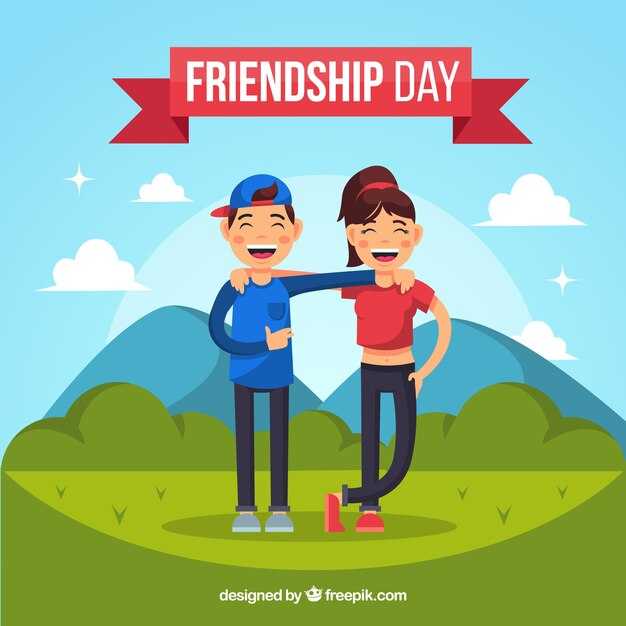
- Ask about current projects or worries: “What are you working on right now that’s taking your attention?”
- Use curiosity instead of agreement: “Tell me more about why that matters to you.”
- Give specific praise: “You handled that meeting calmly — that must have taken a lot of presence.”
- Share one small vulnerability: “I felt anxious before that call today,” then pause to invite empathy rather than launching into a long story.
When trauma symptoms show up
Recognize common patterns (withdrawal, anger, people-pleasing, or testing boundaries) and name them to yourself: “This is my fear of abandonment acting up.” Practice a grounding routine before responding — three deep breaths, naming five things you see, and then responding with curiosity. When patterns repeat, consider bringing them up with a trusted friend using an I-statement: “When I go quiet, it’s my anxiety, not about you. I want to stay connected, even if I need a minute.”
Balance and next steps
Small consistent actions beat occasional grand gestures. Aim for 2–3 small, meaningful contacts each week (a text that shows you remembered, a short call, or a shared activity). Track progress privately — note who followed up, who sustained reciprocity, and how you felt after interactions. If you find persistent difficulty forming or maintaining friendships despite effort, consider therapy or a support group to work through attachment patterns and trauma responses.
Quick checklist to keep nearby
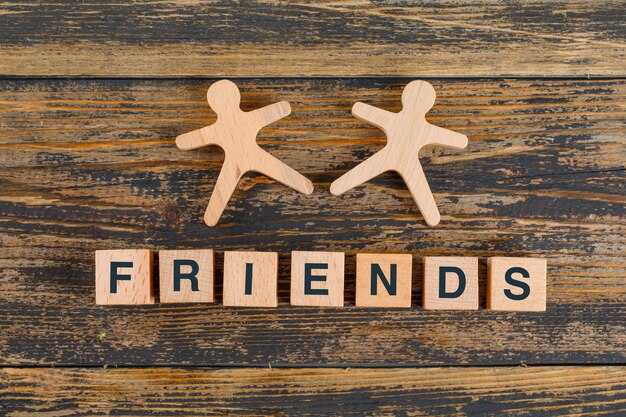
- Write “Must-haves” and “No’s”
- Invite to an activity, not the vague “hang out”
- Practice 30 minutes of listening with no self-sharing
- Ask before giving advice
- Give clean, sincere compliments
- Follow up after important events
- Show up practically in hard times
- Avoid gossip; protect friends’ reputations
- Prioritize calls/face time over social-media-only contact
Use these exercises and scripts repeatedly — friendship skills are like muscles that grow stronger with regular practice. Over time you’ll notice better quality connections and more reliable, nourishing relationships in your life.


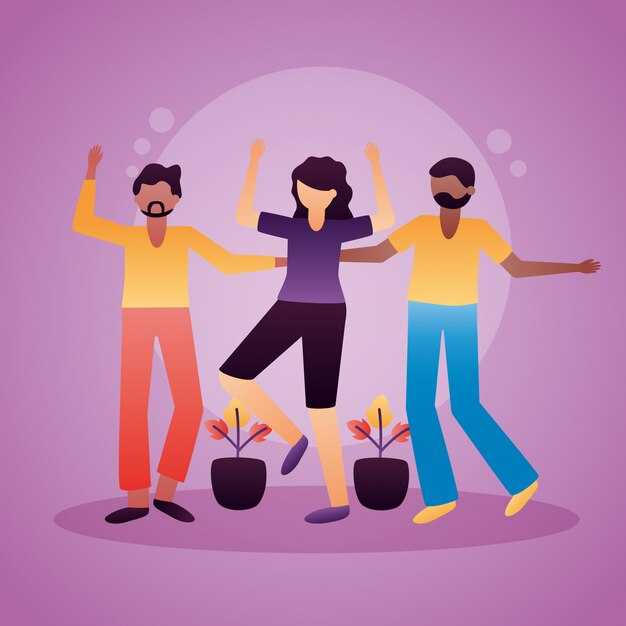 훌륭한 우정은 이러한 기술을 연마할 때 성장합니다.">
훌륭한 우정은 이러한 기술을 연마할 때 성장합니다.">

 Cheating isn’t the ONLY way we BETRAY each other.">
Cheating isn’t the ONLY way we BETRAY each other.">
 When the Anxious Partner Finally Breaks Free from the Avoidant">
When the Anxious Partner Finally Breaks Free from the Avoidant">
 Relationships are DOOMED without THIS!!">
Relationships are DOOMED without THIS!!">
 관계가 경계가 있을 때만 효과적인 이유 (4-비디오 컴파일)">
관계가 경계가 있을 때만 효과적인 이유 (4-비디오 컴파일)">
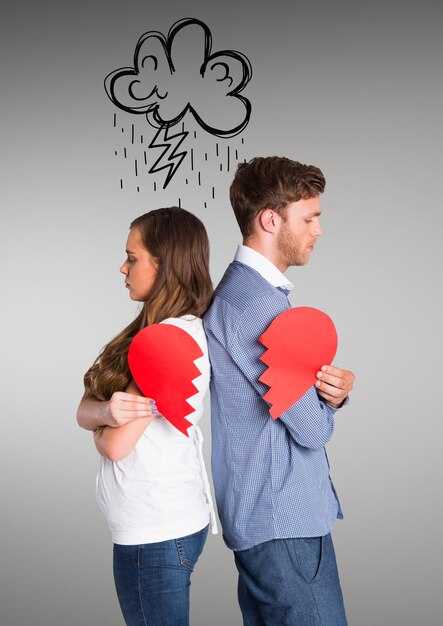 7 Signs an Avoidant Partner Is Preparing to Leave (The Final One Hurts Most)">
7 Signs an Avoidant Partner Is Preparing to Leave (The Final One Hurts Most)">
 If You Work Hard to Heal But Happiness Is Nowhere in Sight, Try THIS">
If You Work Hard to Heal But Happiness Is Nowhere in Sight, Try THIS">
 I Saved my Relationship by doing THIS">
I Saved my Relationship by doing THIS">
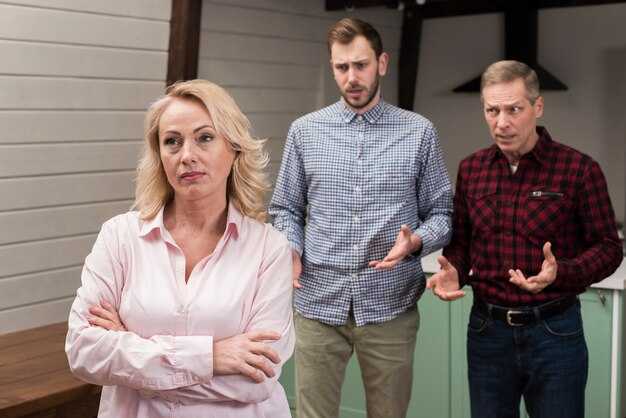 How to Stand up to Toxic In-laws">
How to Stand up to Toxic In-laws">
 The Secret to Getting What You Really WANT (and Stop Playing SMALL)">
The Secret to Getting What You Really WANT (and Stop Playing SMALL)">
 Here’s What It Takes to Face the Truth and Step Up Into Your Life">
Here’s What It Takes to Face the Truth and Step Up Into Your Life">